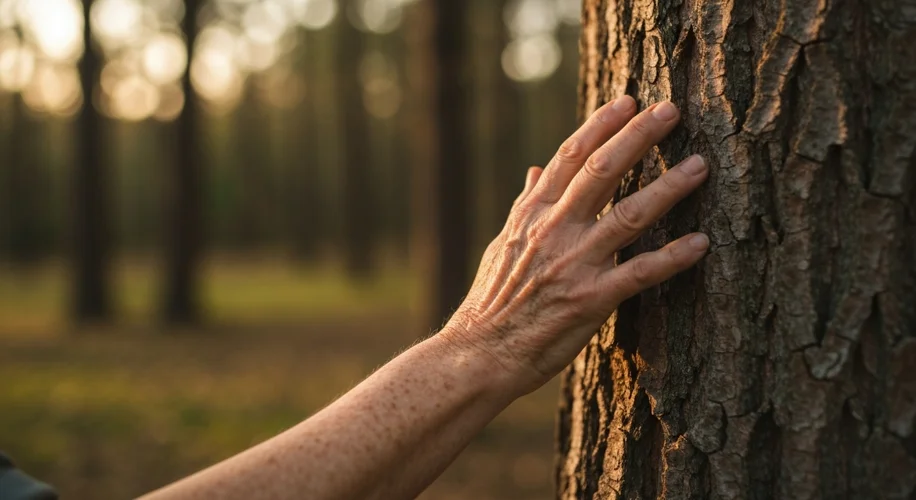It’s a question many of us ponder: when does aging really kick in? We often feel a shift as we move through our lives, but science is shedding light on a more specific turning point. Recent studies suggest that around age 35, our bodies begin to change in ways that can accelerate the aging process.
This isn’t about suddenly feeling old overnight. Instead, it’s a subtle biological shift. Think of it less like a switch flipping and more like a gradual ramp-up in certain cellular processes. For instance, the way our cells repair themselves might become less efficient. The accumulation of cellular damage can also start to become more noticeable.
What’s Happening Under the Hood?
From a scientific perspective, aging is a complex process. It involves a combination of factors, including the shortening of telomeres (protective caps on our chromosomes), changes in gene expression, and the buildup of senescent cells, which are cells that have stopped dividing but remain active and can cause inflammation.
Around the mid-30s, some of these markers of aging begin to show a more pronounced trend. This can manifest in various ways, from subtle changes in skin elasticity to shifts in our metabolic rate and immune system function.
Connecting to Our Environment
As someone who studied atmospheric science and environmental studies, I’m always thinking about how our surroundings influence our health. While genetics play a role in aging, our environment and lifestyle choices are powerful modulators. Factors like air quality, access to green spaces, and even the design of our cities can impact our cellular health and, consequently, how quickly we age.
For example, prolonged exposure to air pollution has been linked to increased oxidative stress and inflammation, both of which are implicated in accelerated aging. Urban environments, especially those with a pronounced urban heat island effect, can also contribute to chronic stress and disrupt our natural circadian rhythms, further influencing our body’s internal clock.
What Can We Do?
Knowing about this turning point isn’t about succumbing to fate; it’s about empowering ourselves with knowledge. The good news is that we can actively influence our biological aging.
- Prioritize Sleep: Quality sleep is crucial for cellular repair and regeneration. Aim for 7-9 hours of consistent, restful sleep.
- Nourish Your Body: A diet rich in antioxidants from fruits and vegetables can help combat oxidative stress. Think colorful foods that fight inflammation.
- Stay Active: Regular physical activity not only keeps muscles and bones strong but also improves circulation and cellular function. Find movement you enjoy!
- Manage Stress: Chronic stress can accelerate aging. Practices like mindfulness, meditation, or spending time in nature can be incredibly beneficial.
- Mind Your Environment: Where possible, try to minimize exposure to environmental stressors like air pollution. Supporting policies that promote cleaner air and more green spaces benefits us all.
Understanding these biological shifts can help us make informed choices to support our health and well-being throughout our lives. It’s a journey of continuous learning and adaptation, and I’m excited to explore more about how we can live healthier, longer lives by understanding our bodies and the world around us.

